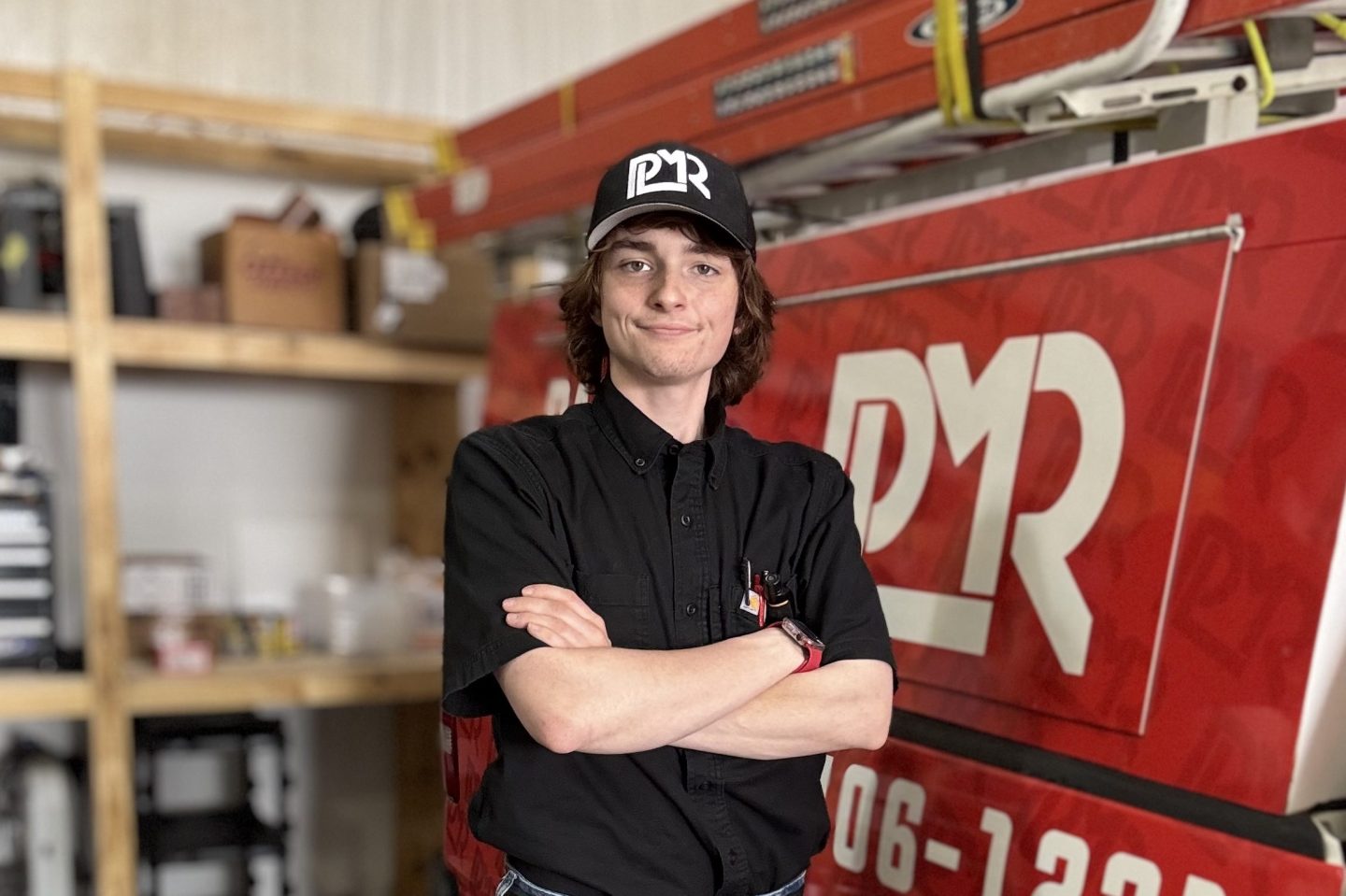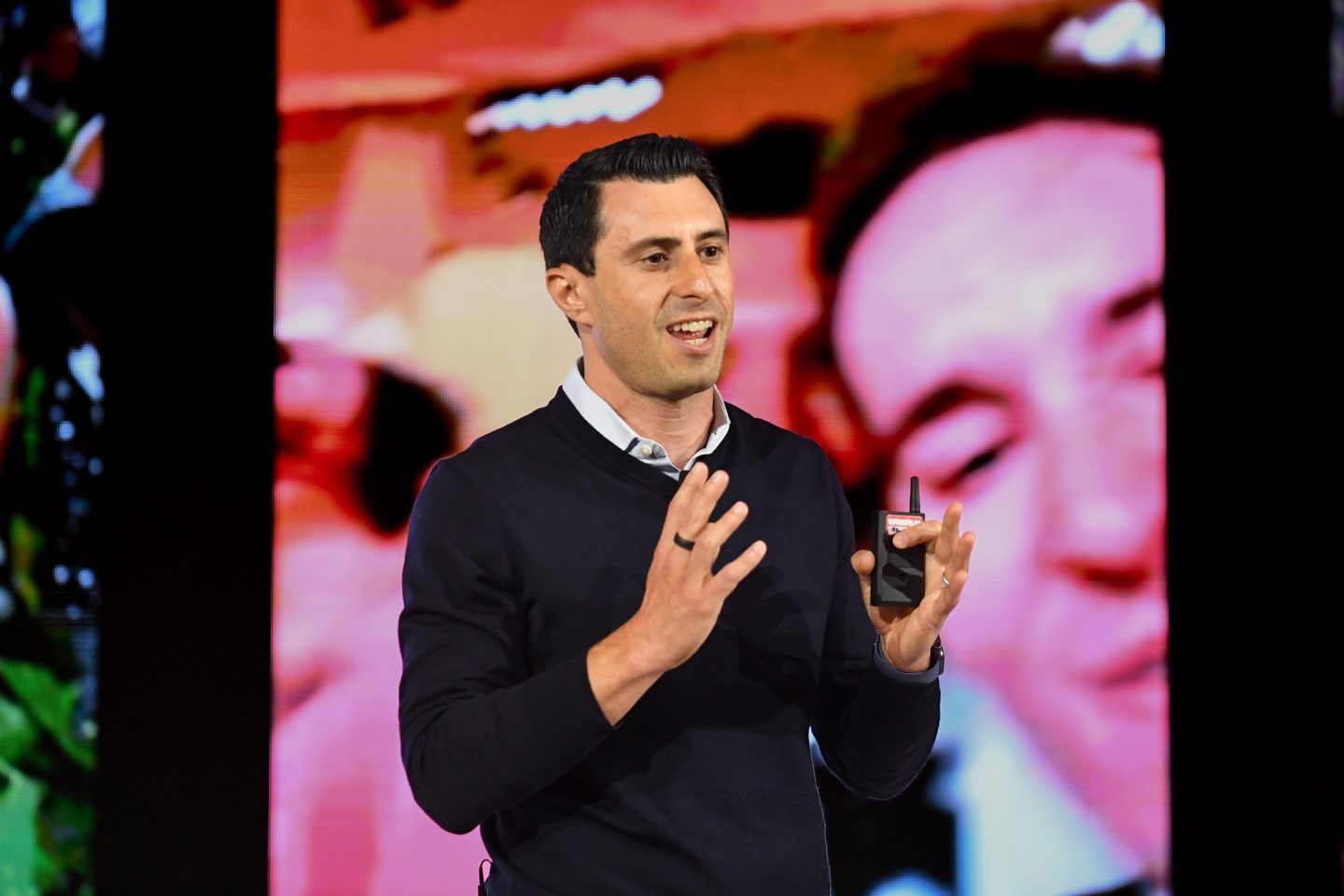Y Combinator cofounder Paul Graham generated buzz on Sunday as the startup guru sought to dismantle some conventional wisdom in Silicon Valley about founders running the companies they started.
In an essay posted to his website, he recalled a talk that Airbnb cofounder and CEO Brian Chesky gave last week that many attendees told him was the best they had ever heard.
“The theme of Brian’s talk was that the conventional wisdom about how to run larger companies is mistaken,” Graham wrote. “As Airbnb grew, well-meaning people advised him that he had to run the company in a certain way for it to scale. Their advice could be optimistically summarized as ‘hire good people and give them room to do their jobs.’ He followed this advice and the results were disastrous.”
So instead, Chesky studied what the late Apple cofounder Steve Jobs did when he was running his company, he added.
The talk was attended by many of the founders that Y Combinator supported, and they told Graham that they received the same conventional wisdom with similar results.
“Why was everyone telling these founders the wrong thing? That was the big mystery to me,” he wrote. “And after mulling it over for a bit I figured out the answer: what they were being told was how to run a company you hadn’t founded—how to run a company if you’re merely a professional manager.”
Graham argued you can run a company either in manager mode or founder mode. Most people in Silicon Valley have assumed that scaling up a startup required the former. But founders can do things that managers can’t, he added, so this advice feels “broken” to founders.
Meanwhile, founder mode isn’t taught in books or business schools. But he said some of its principles can be inferred from the problems that founders have encountered while in manager mode, which preaches telling direct reports what to do and not getting involved in details so as to avoid looking like a micromanager.
While that sounds fine on paper, manager mode often results in “professional fakers” driving companies into the ground, according to Graham. As a result, founders feel like they’re being gaslighted by advisers and employees urging manager mode.
“VCs who haven’t been founders themselves don’t know how founders should run companies, and C-level execs, as a class, include some of the most skillful liars in the world,” he said.
While the exact outlines of founder mode aren’t totally clear right now, Graham offered some predictions, including that skip-level meetings—where top execs meet employees without their direct supervisors—become the norm.
To be sure, founders will have to delegate some duties as their companies get bigger, and he acknowledged that founder mode will be more complicated than manager mode as the amount of autonomy varies.
But founder mode will work better, he added. “Indeed, another prediction I’ll make about founder mode is that once we figure out what it is, we’ll find that a number of individual founders were already most of the way there—except that in doing what they did they were regarded by many as eccentric or worse.”
Airbnb and Y Combinator didn’t immediately respond to requests for comment. But Chesky reposted Graham’s tweet that linked to his essay. In 2013, Chesky recalled having a “CEO council” to help him and more recently revealed that he has an informal practice of creating work duos for employees at Airbnb.
Meanwhile, serial entrepreneur Howard Lerman posted on X that many founders were “absolutely fired up” by the essay.
“I know I am. Building a company is all I know how to do, and all I ever want to do,” he wrote.













